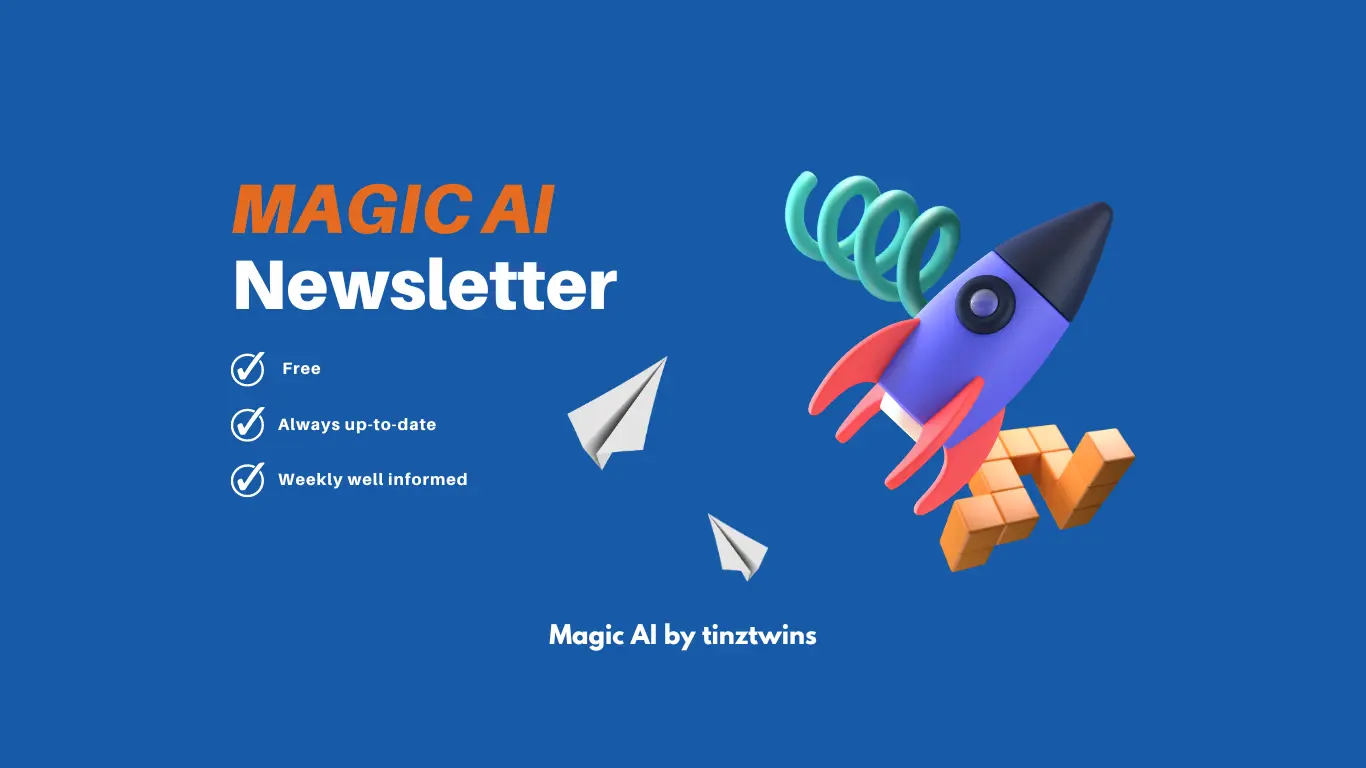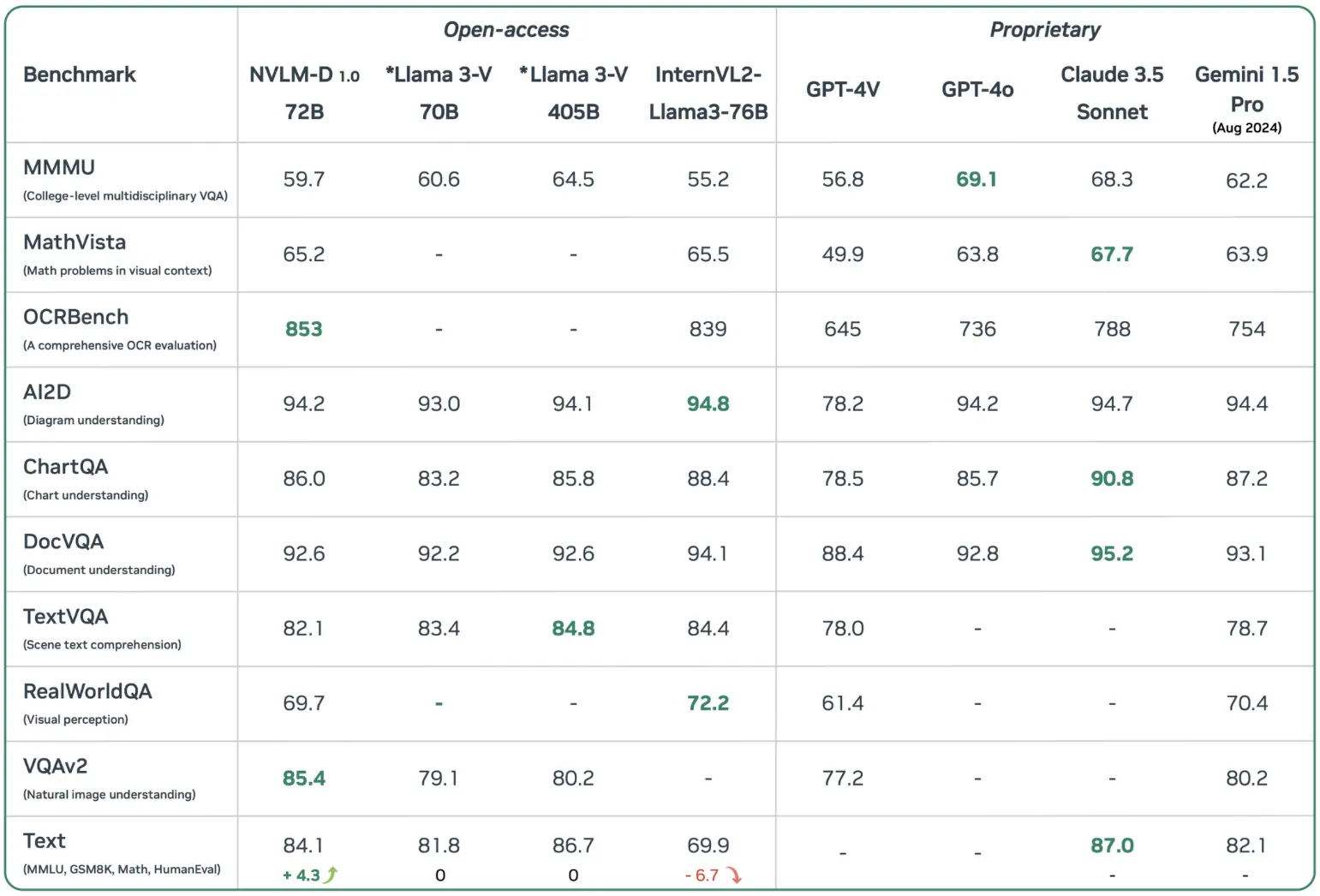NVIDIA releases an open-source GPT-4o competitor
More topics: Meta presents a competitor to OpenAI’s Sora, and LinkedIn trains AI models with user content

Hi AI Enthusiasts,
Welcome to this week’s Magic AI News, where we present you the most exciting AI news of the week. Today, we are talking about new open-source competitors to OpenAI’s closed-source models. Additionally, we want to let you know that LinkedIn might use your data to train AI models (not in the EU).
This week’s Magic AI tool eliminates language barriers. Will we soon no longer need to learn foreign languages? Stay curious! 😎
Let’s explore this week’s AI news together. 👇🏽
Top AI news of the week
🌆 Meta presents a competitor to OpenAI’s Sora
Meta Movie Gen, a family of foundation models, can generate videos similar to OpenAI’s Sora. In comparison to Sora, Movie Gen can also edit videos via text prompts.
The details:
- The largest Movie Gen model is a transformer model with 30B parameters and has a maximum context length of 73K video tokens.
- It can generate videos of 16 seconds at 16 frames per second.
- According to Meta, it is possible to swap elements in the video with a text prompt.
- The model can create sound effects and soundtracks.
- The model is currently only accessible to internal employees.
Our thoughts
The results of Movie Gen are impressive. According to Meta, Movie Gen could usher in a new era for content creators. The model could be available on Meta’s social media platforms next year.
In addition to the model’s impressive capabilities for useful purposes, it also poses a significant risk of misuse!
More information: 🔗 Meta AI Blog | Movie Gen Paper | Meta AI YouTube
🤖 NVIDIA releases an open-source GPT-4o competitor
NVIDIA introduced a new family of multimodal large language models (LLMs) called NVLM 1.0.
The details:
- 72B parameter model with the name NVLM-D 72B
- Open-source available via Megatron-Core (coming soon). Megatron-Core is an open-source library from NVIDIA.
- The model can compete with the leading proprietary models (e.g., GPT-4o) and open-source models (e.g., Llama 3-V 405B)

Our thoughts
NVIDIA presents a multimodal LLM comparable to OpenAI’s GPT-4o, and at the same time, NVIDIA invests around 100 million US dollars in OpenAI. How does this fit together?
OpenAI uses NVIDIA chips to train its closed-source models. More competition leads to more innovation! For more powerful models, OpenAI needs more chips, and OpenAI buys these chips from NVIDIA.
More information: 🔗 NVIDIA ADLR Blog | heise online | NVLM-D-72B HuggingFace
😮 LinkedIn trains AI models with user content
On September 18, LinkedIn updated its privacy policy. LinkedIn has added the handling of training AI models with user content. The social media network writes:
We may use your personal data to improve, develop, and provide products and Services, develop and train artificial intelligence (AI) models, develop, provide, and personalize our Services, and gain insights with the help of AI […].
The training of AI models does not apply to users from the European Economic Area (EEA), Switzerland, and the United Kingdom. LinkedIn offers members an opt-out option if they do not want LinkedIn to use their data for AI training.
Our thoughts
In our opinion, LinkedIn’s approach is not right. Instead of providing an opt-out option, they should have offered an opt-in option. This is an intransparent approach! The content belongs to the users, and LinkedIn should at least be fair enough to ask the users for permission.
More information: 🔗 LinkedIn Privacy Policy | LinkedIn and generative AI (GAI) FAQs
Magic AI tool of the week
Have you ever dreamed of making your content accessible in every language?
Yes, then this tool is perfect for you! From text-to-speech to AI dubbing, the tools of ElevenLabs* bridge language gaps and transform how you create content for your audience.
Enhance your content creation, user retention, and customer interactions with the tools of ElevenLabs. ElevenLabs is perfect for video creators, bloggers, and large businesses.
Articles of the week
- Mistral’s Codestral - Create a local AI Coding Assistant for VSCode
- Understand and Implement an Artificial Neural Network from Scratch
- Mastering Time Series Analysis - An Introduction to ETS Models
- A Visual Guide to Ensemble Methods + Practical Example
💡 Do you enjoy our content and want to read super-detailed articles about AI? If so, subscribe to our blog and get our popular data science cheat sheets for FREE.
Thanks for reading, and see you next time.
- Tinz Twins





